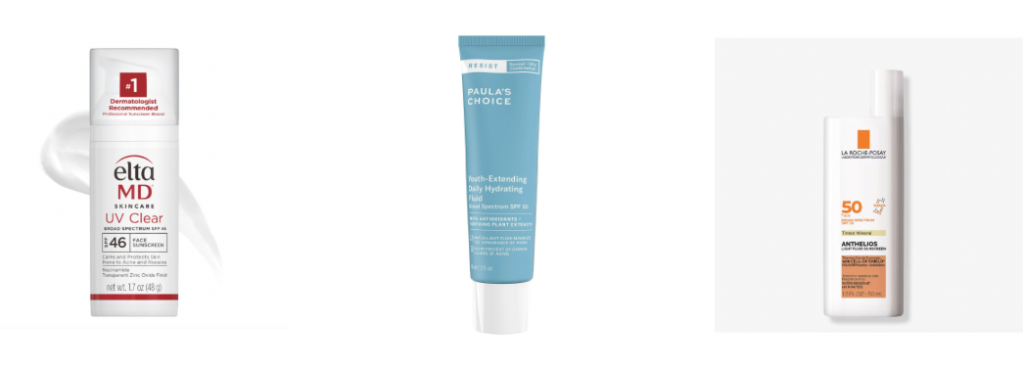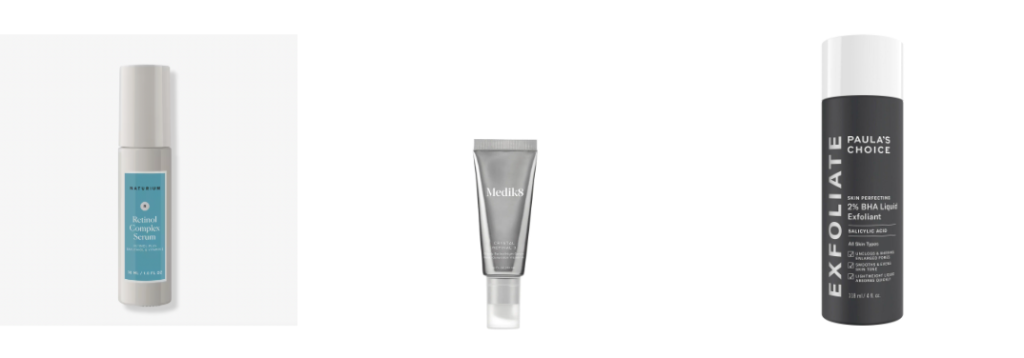Have you noticed that your skin has become dull and dry after the cold and dry winter? The arrival of spring brings with it a change in humidity and temperature that has a new effect on the skin. How can you keep your skin hydrated and healthy in the spring? Here are some tips for spring skin care from dermatologist Dr. HibaInjibar.
In winter we use heavy moisturizers in order to lock in moisture. In spring, temperatures rise and skin oil production increases. Continued use of heavy moisturizers can cause clogged skin pores. Dr. Injibar suggests switching to a light moisturizer, or even using just serum. Light moisturizers are not only good for the skin, but they also reduce oil production. Byoma Moisturizing Gel Cream SPF 30 or CeraVe AM Lotion Face Moisturizer SPF 50, for example, are both excellent choices.

Vitamin C is an antioxidant that can help protect the skin from environmental pollution. It also brightens the complexion and boosts collagen for a firmer appearance. Dr. Injibar suggests combining a serum containing vitamin C with sunscreen to provide additional protection. Both the Inkey List’s Vitamin C and EGF serum and Naturium Vitamin C Complex serum are affordable and high-quality options.
Sun protection should be taken seriously all year round. Even on cloudy or rainy days, UV radiation can penetrate the clouds to cause skin damage. Dr. Injibar stresses the importance of choosing a broad-spectrum, high-factor sunscreen. Two sunscreen products that are worth recommending are Ultra Violette Supreme Skinscreen Hydrating Facial Screen SPF 50+ and Neutrogena Ultra-Sheer Face Serum with SPF 60+. They can be used as a standalone product or layered over moisturizers and serums.

Hyaluronic Acid is a hydrating agent that provides lightweight moisture for the skin, particularly those who feel tight after cleansing. Ceramides, which are lipids that occur naturally in the skin, help to keep the skin hydrated. Ceramide-containing moisturizers, such as CeraVe AM Face Moisturizing Lotion with SPF 50, help to strengthen the skin barrier. They also reduce water loss. Aloe vera can soothe and cool sunburned skin and reduce the pain and redness.
Dr. Injibar suggests using a light cream containing retinol and salicylic acid to control oil production at night. This will help prevent breakouts. Retinol is a derivative from vitamin A that can unclog pores and regulate oil production. Salicylic acid, on the other hand, is a gentle exfoliant and helps to manage oily, acne-prone skin. Naturium Retinol Complex, Medik8 Crystal Retinal and Paula’s choice Skin Perfecting 2% BHA Exfoliating Toner are both good retinol choices.


